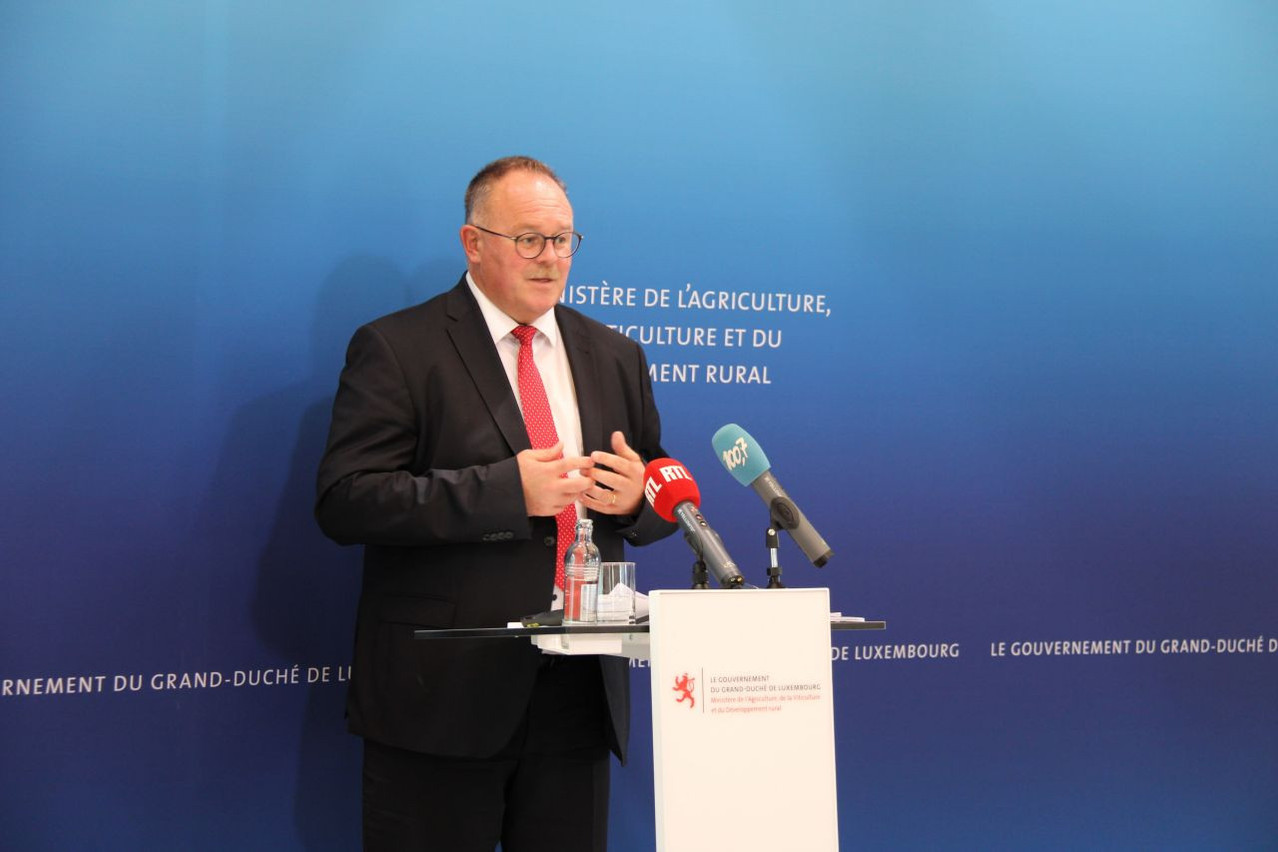Households in Luxembourg are willing to buy more regional products, according to a TNS Ilres study on purchasing behaviour. This preference increased mostly because of pandemic, considering the global circulation of goods was at a standstill at the onset of the crisis, and consumers depended on regional produce. It now seems this trend has come to stay, with 3 out of 10 people ready to maintain these new habits, based on the study results.
One of the main reasons for their preference is hinged on household willingness to support local producers. Minister of agriculture, viticulture and rural development, Romain Schneider (LSAP) approved of this outpour of support and emphasised the power of demand and supply. “The consumer, through his purchasing decision, influences the offer. The consumer is therefore becoming more and more a 'consum'actor' who is attentive to the quality of what he eats,” Schneider said.
About 93% of households in Luxembourg consider Luxembourg’s agricultural products to be of good quality and about 67% are even willing to pay more for these products provided they are of good quality, originate from sustainable methods and are easily accessible.
The TNS Ilres study also revealed that 84% of households would like to receive more information on regional products with the ministry stepping up its campaigns to meet these expectations. Practical information on regional, organic and seasonal products can be found on the bio2025.lu in English, German and French, as well as on the brand new regionalsaisonal.lu platform in Luxembourgish, English, German and French.
Part of the has already been earmarked to promote the purchase of regional products from Luxembourg agriculture and viticulture. A previous showed the government’s PAN-Bio 2025 plan aims to increase organic farming to 20% of agricultural activity by 2025. The amount of land available for organic farming grew by 7.02% between 2019 and 2020.
A draft law on a certification system for agricultural products was previously introduced and the minister said it is “in line with this promotion strategy” saying it “will give more visibility to Luxembourg's agricultural products allowing consumers to make a responsible choice when making their purchases”.
